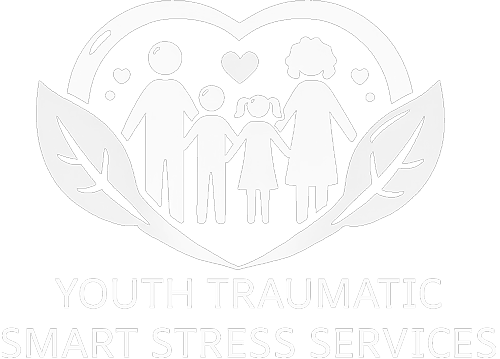Grief-enhanced Trauma-informed Care process(GTC)Grief-enhanced Trauma-informed Care process(GTC)
Markers For Traumatic Stress And Grief
Markers For Traumatic Stress And Grief
Our online self report questionnaires, such as PTSD RI, PGDC, and PERMA, measure one aspect (psychological perception) of mental health. While the PTSD RI is a great tool to quantify a baseline of psychological traumatic stress exposure and symptoms, there is a physiological and bio-molecular component that we seek to address as well. When an individual experiences high levels of traumatic stress or stress in general, they are experiencing inflammation in the body.
When you are stressed out, feel anxious, and react more extremely than normal to external stimuli, there is a molecular as well as psychological imbalance occurring. Our interventions focus on rebalancing both the psychological and its physiological correlate. The warning signs of this imbalance on a psychological level may include increased heart rate, trouble sleeping, difficulty in relationships, difficulty focusing, etc. On a physiological level, the higher levels of stress correlate to increased C reactive protein (CRP), tense muscles, shallow breathing, and increased inflammatory markers such as TNF alpha and interleukin 6.
When you see the warning signs of high levels of stress, there are various levels of interventions that can be utilized to address this inflammation on both a psychological and physiological level. Please see the external resources below for more information regarding psychological first aid.
External Resources-Psychological First Aid












